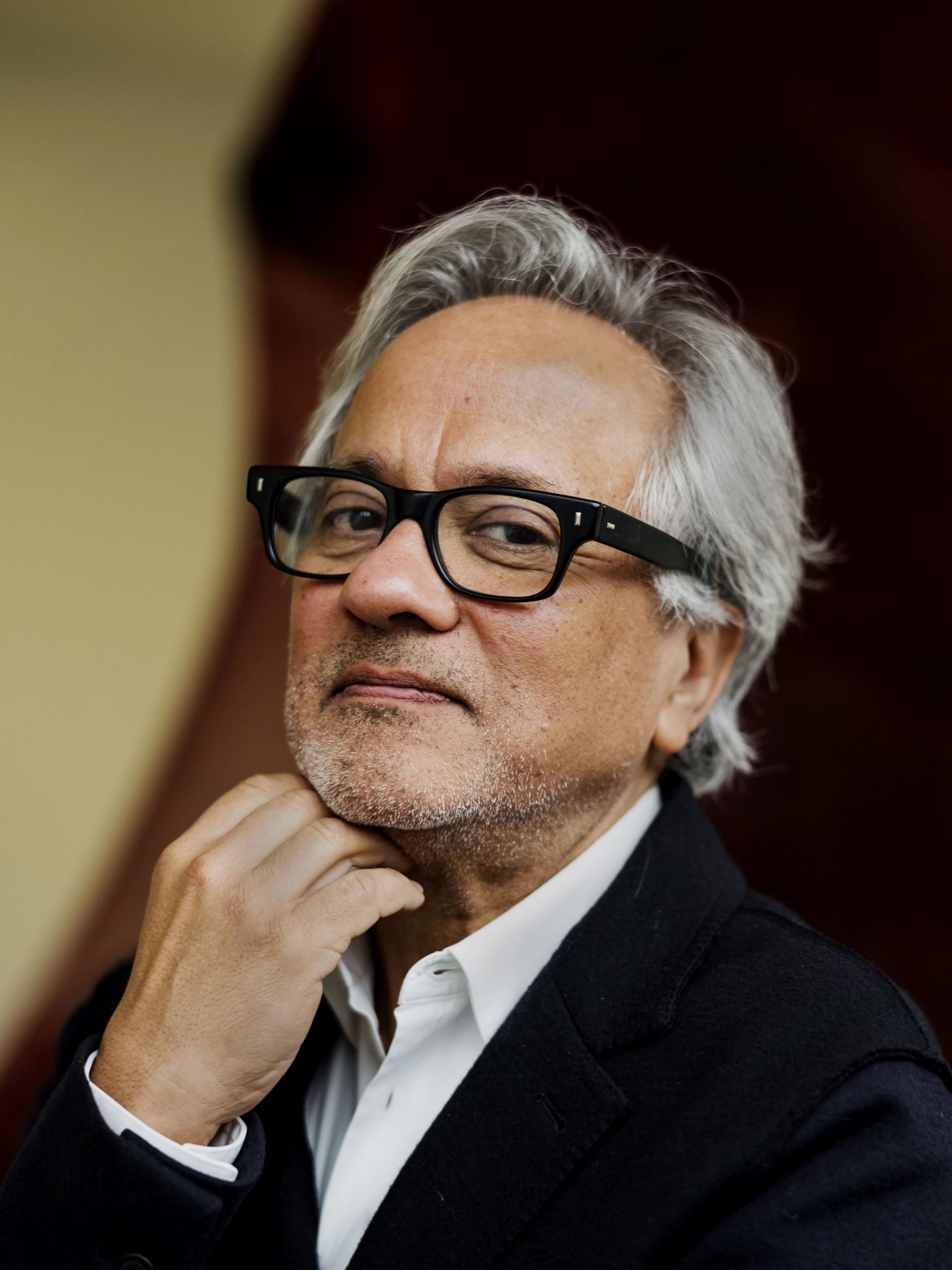ARTIST INFORMATION
Anish Kapoor is a contemporary British-Indian artist who creates elegant sculptures that combine simple materials, geometric shape, and organic form. Born on March 12, 1954 in Bombay, India, Kapoor moved to London in the late 1970s, studying at both the Hornsey College of Art and Chelsea College of Arts. He first gained critical recognition for his work in the 1980s, with his metaphysical site-specific works in which he manipulates form and the perception of space. Along with his unique geometric or biomorphic sculptures using simple materials such as granite, limestone, marble, pigment, metal and plaster. These early sculptures are frequently simple, curved forms, usually monochromatic and brightly colored, using powder pigment to define and permeate the form. In the late 1990s Kapoor was acclaimed for his explorations of matter and non-matter, specifically evoking the void in both free-standing sculptural works and ambitious installations. Many of his sculptures seem to recede into the distance, disappear into the ground or distort the space around them. He has said of the sculptures “While making the pigment pieces, it occurred to me that they all form themselves out of each other. So I decided to give them a generic title, A Thousand Names, implying infinity, a thousand being a symbolic number”. Kapoor was awarded the Turner Prize in 1991, and named a Commander of the Most Excellent Order of the British Empire in 2003, and Knighthood in 2013 for services to the visual arts. In 2016, Mexico City’s Museo Universiatrio Arte Contemporáneo held a major retrospective of his work. The artist currently lives in London, United Kingdom. Kapoor’s works are held in the collections of The Museum of Modern Art in New York, the National Gallery of Art in Washington, D.C., and the Tate Gallery in London, among others.

